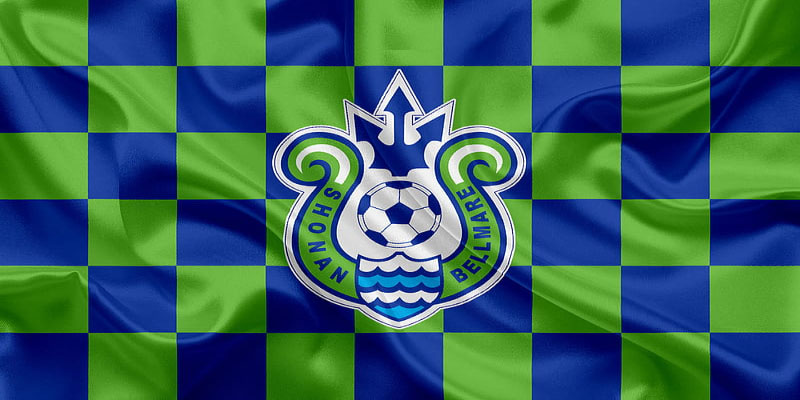Shonan Bellmare is a professional football club based in Hiratsuka, Kanagawa Prefecture, Japan. Established with a vision to create a strong and vibrant community through the beautiful game, Shonan Bellmare has grown to become a prominent contender in Japanese football. Their unique identity, rich history, and dedicated fanbase define them as more than just a football team; they are an integral part of the local culture.
Overview of Shonan Bellmare FC
As a cornerstone of Japanese football, Shonan Bellmare carries a legacy that intertwines its past achievements with its current ambitions. Founded in 1968, the club has undergone various transformations throughout its journey. With a commitment to fostering talent and promoting teamwork, Shonan Bellmare’s narrative showcases resilience, growth, and an unwavering passion for the U888 sport.
History and Establishment
The establishment of Shonan Bellmare can be traced back to the merger of two clubs: Hiratsuka SC and Bellmare Hiratsuka. This merger was intended to create a stronger, unified presence in Japanese football. The name “Bellmare” is derived from the Spanish words “belleza” (beauty) and “mar” (sea), which reflects the club’s aspirations to represent the beauty of the ocean and the region it calls home.
From its inception, Shonan Bellmare embraced a philosophy of inclusiveness and community engagement. The club quickly rose through the ranks of Japanese football, securing its place in the J. League after the league’s formation in 1993. However, the journey was not without challenges. The club faced relegations and financial struggles, yet it remained resilient, continuously striving to rebuild and assert itself in the competitive landscape.
In recent years, the club has regained its momentum, focusing on strengthening its squad and enhancing its brand both on and off the pitch. The team’s ethos of hard work and dedication resonates deeply within the local community, establishing a loyal fanbase that stands by its side through thick and thin.
Achievements and Honors
Throughout its storied history, Shonan Bellmare has achieved significant milestones in Japanese football. The club made its mark by winning various domestic tournaments, most notably the Emperor’s Cup and the J. League Cup. These victories not only highlighted the team’s capabilities but also served as a source of pride for fans and the local community.
Despite facing fluctuations in performance over the years, Shonan Bellmare has been a participant in several prestigious competitions, including the AFC Champions League. This experience on an international stage has played a crucial role in shaping the team’s competitiveness and adapting strategies to meet different challenges.
Beyond trophies, Shonan Bellmare’s commitment to youth development has been another hallmark of its success. The club has cultivated numerous talented players who have gone on to represent national teams or make significant impacts in other leagues. This focus on nurturing young talent underscores the organization’s long-term vision and investment in the future.
Club Colors and Mascot
The colors of Shonan Bellmare are a distinctive green and white, symbolizing freshness and vitality. These colors reflect the club’s connection to nature and the environment, particularly the coastal landscapes of Kanagawa Prefecture. The decision to adopt green hues aligns with the team’s overarching philosophy of sustainability and respect for the natural world.
Accompanying these colors is the club mascot, “Bell-kun,” a cheerful and lively dolphin. Bell-kun embodies the spirit of Shonan Bellmare and serves as a delightful figure for fans, especially children. The dolphin symbolizes both the coastal heritage of the area and the playful energy of the club. Through community events and engagements, Bell-kun fosters a sense of belonging among supporters and plays a vital role in connecting the team with its fanbase.
The significance of the club’s colors and mascot extends beyond aesthetics; they represent the values and mission of Shonan Bellmare. The green and white attire worn by players on matchdays evokes a sense of unity and pride among fans, reminding them of their shared journey and the hopes tied to every game.
Conclusion
In conclusion, Shonan Bellmare is not just a football club; it is a beacon of hope, ambition, and transformation within Japanese football. The organization’s rich history, commitment to community engagement, and focus on youth development position it as a rising force in the sport. Enthusiastic supporters and a dedicated management team work hand-in-hand to ensure that Shonan Bellmare continues to thrive on and off the field.
